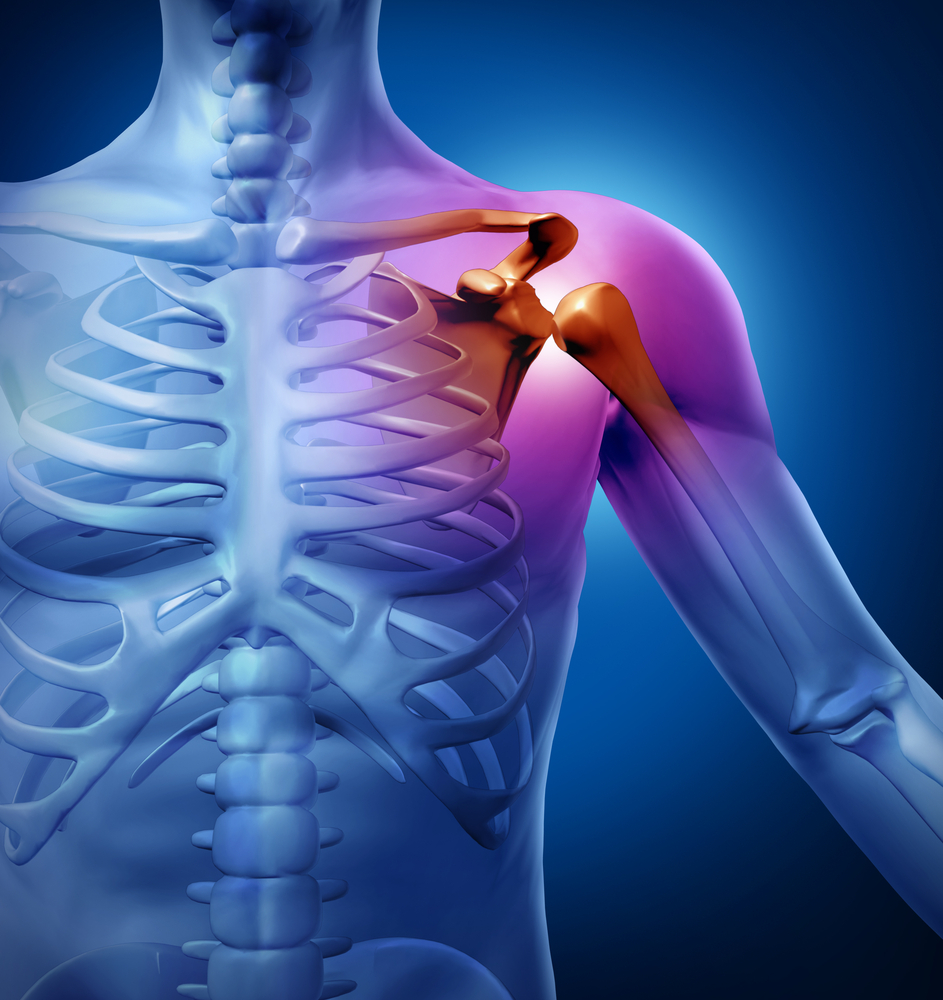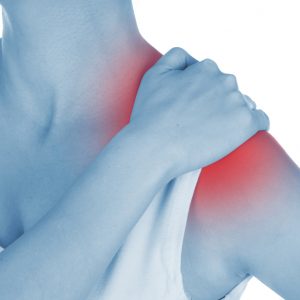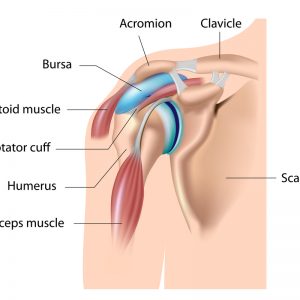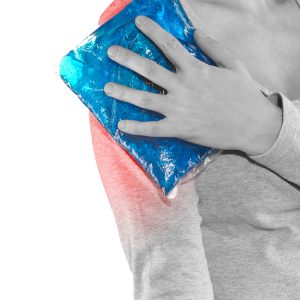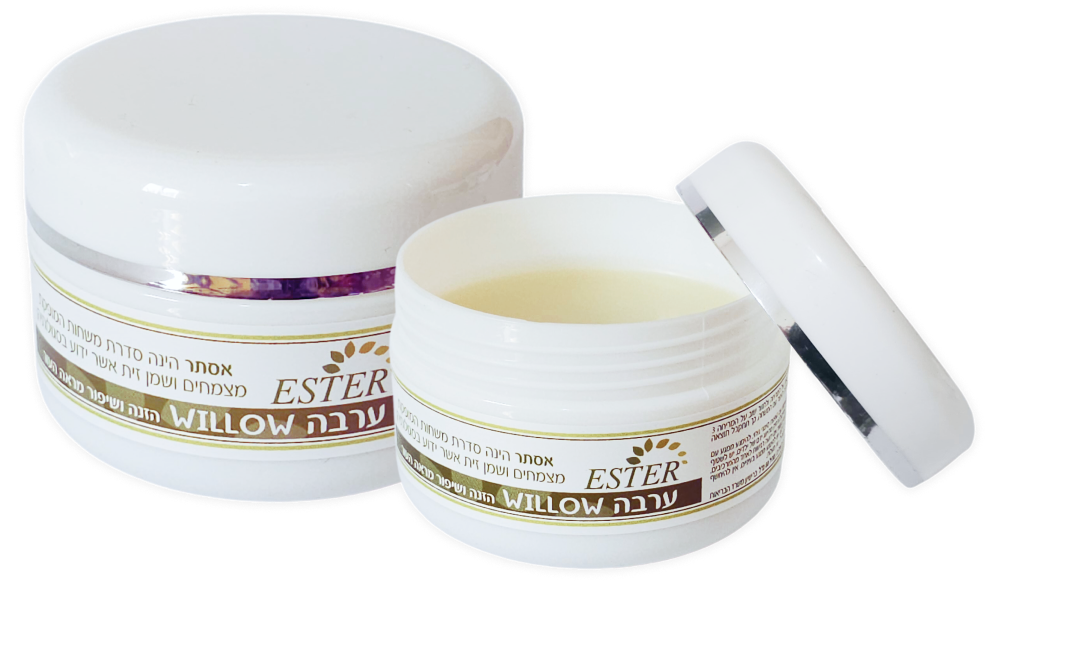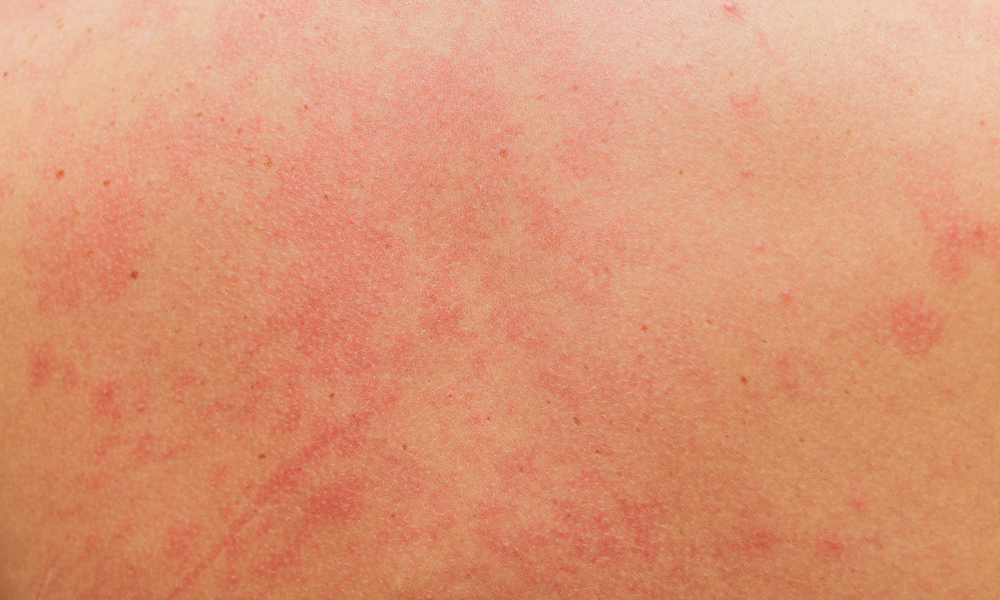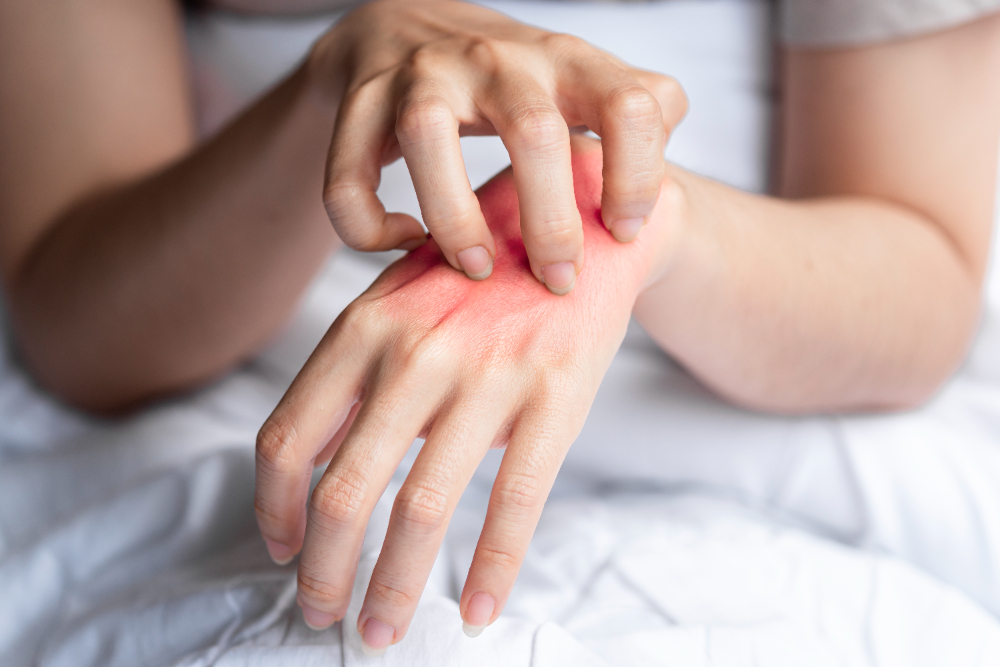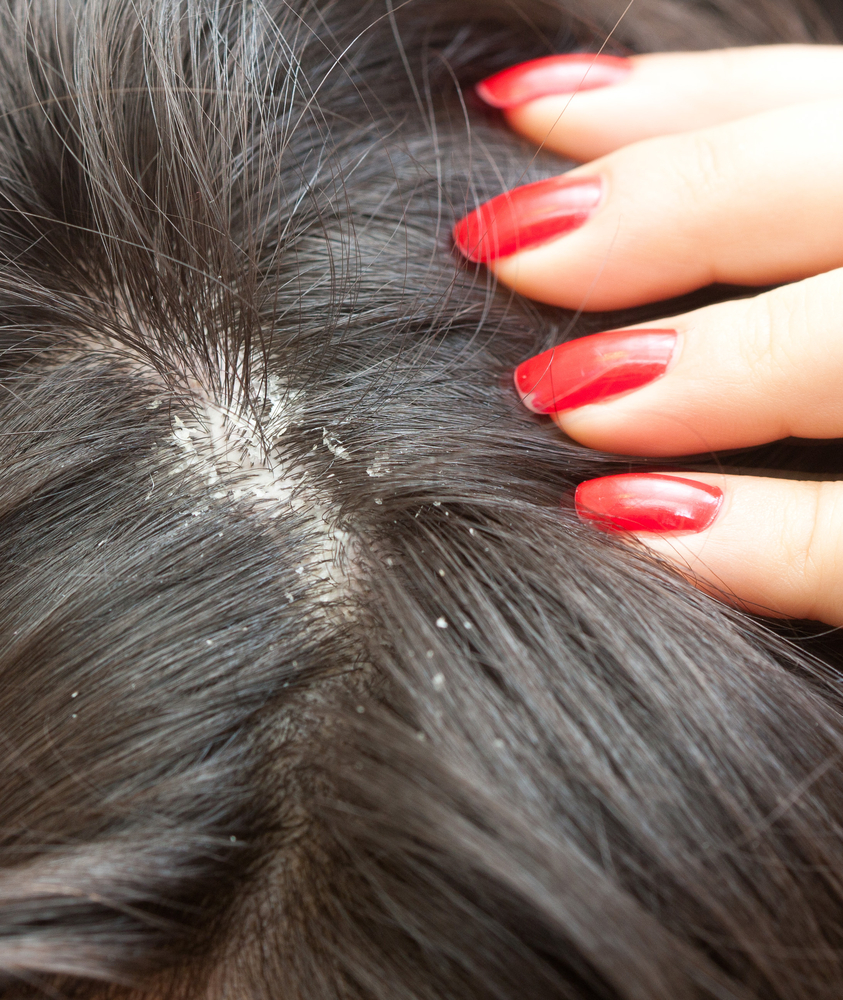Symptoms of Shoulder Inflammation
Shoulder inflammation can cause a range of pain—from mild discomfort to sharp, prolonged pain—that often leads to limited movement and even disability in daily activities. The intensity of the pain largely depends on the underlying cause. Typically, the most noticeable difficulty is when trying to move the shoulder, especially during overhead activities or lifting.
How Is Shoulder Inflammation Treated?
If you’re suffering from inflammation in the left or right shoulder, there are several approaches to treatment:
Conservative Treatment
● Anti-inflammatory medications (NSAIDs)
● Pain relievers
● Gradual physical therapy to support flexibility and healing
● Shoulder ointments – anti-inflammatory creams applied several times a day can reduce pain and improve recovery
These methods aim to reduce inflammation and allow the body time to heal naturally. Physical activity should be resumed gradually and tailored to the level of pain and function.
● Steroid Injections
In cases where medication and physical therapy aren’t effective, corticosteroid injections may be recommended. However, their long-term effectiveness is debated among doctors.
● Surgical Treatment
Surgery is considered a last resort when conservative treatments have failed. The goal is to relieve pressure from tendons and ligaments by releasing or repairing structures that are compressing the shoulder joint. Some patients may still experience partial limitation in movement post-surgery.
Shoulder Inflammation Ointments
Topical treatments are an important part of conservative care:
Choose an anti-inflammatory ointment
Apply it several times a day to relieve pain and promote healing
For best results, follow application instructions and combine with rest or light exercise
Natural Treatment for Shoulder Inflammation
For those who prefer to avoid medication, natural treatment is a valid option. Key steps include:
Adjusting your diet to reduce inflammation
Omega-3 supplements and curcumin (from turmeric) in the right dosage
Herbal ointments, like Willow Bark cream, known for anti-inflammatory properties
These methods support the body’s natural healing process and may be especially helpful in mild to moderate cases or as part of a comprehensive recovery plan.
Examples
